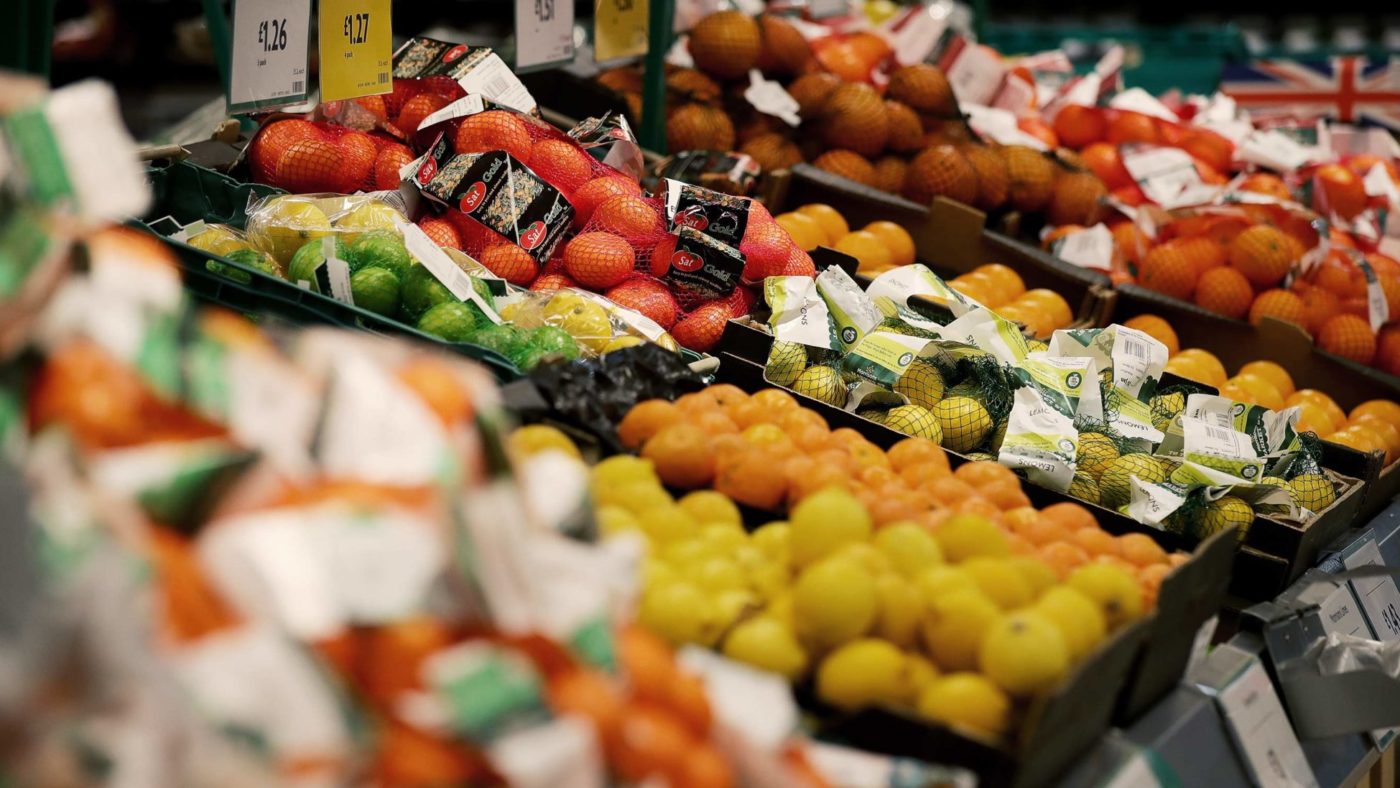A new report from the Food Foundation has provoked some rather alarming headlines about the state of British nutrition. The Guardian and Metro inform us that “nearly four million children are too poor to have a healthy diet”.
That is a big number, but let’s not get carried away and start thinking we live in some Dickensian hellhole of rickets-ridden nippers cupping their hands for a morsel of thinnest gruel.
The Food Foundation arrive at the four-millionn figure by looking at the bottom two income deciles of British households and comparing their food spending to how much it costs on average to meet the Government’s “EatWell” guidelines, a kind of idealised diet that would provide a person with a nutritionally perfect set of meals across a given week.
What the report is really saying is that a great many people are not eating as well as is humanly possible, which is not quite the same thing as being “too poor for a healthy diet”. That many households fail to match up to what is an intentionally prescriptive set of food criteria really should not come as that great a surprise. While some people clearly have very bad diets and some very healthy ones, it’s fair to say that for a great many people it’s a mixed bag — some days we eat more healthily than others and we could all do a bit better.
The authors all but admit this towards the end of the report:
The Eatwell Guide itself is limited in that it is based on a modelled or theoretically healthy diet, and there is a lack of outcome data on what health outcomes are associated with eating inside or outside of the Eatwell guide.
Nor is this report strictly about poverty. After all, the research tells us that: “On average the current food budgets of more than half of households in the UK are likely insufficient to be able to meet the government’s recommendations for a healthy diet as set out in the Eatwell Guide.” What seems more likely: half of British households can’t afford a decent amount of fruit and veg, or the guidelines are a bit unrealistic? The report only measures what households choose to spend on food — not what they can afford to spend. Such an approach doesn’t distinguish between those who are so poor they are unable to have a healthy diet and those who don’t have the spending priorities that the Food Foundation would want them to have.
What, to paraphrase Chernishevksy, is to be done? The Foundation, somewhat predictably, uses its findings to call for a combination of cash transfers to low-income households as well as measured to “ensure healthy foods are available and affordable”.
The important point here is that food prices are not the main factor when it comes to what families can afford to buy. Food prices may have risen by 7 per cent in real terms, but the issue is astronomical other costs that mean there is less left over for the weekly shop. The main culprit here is housing, which is responsible for an ever-larger share of household spending. Cash transfers are little more than a sticking plaster for this much more serious structural problem.
Even if we did accept that food prices were what mattered, a great deal depends on where you live and which shops are available. The difference between a household shop in Aldi or Lidl versus some of the other big chains is really quite substantial, and in many cases there’s no meaningful nutritional difference between their groceries and anyone else’s, no matter what the Whole Foods brigade might try and tell you.
Those firms are also very responsive to the changing tastes of the British public. And make no mistake, we are in the middle of a food revolution that could go a long way to addressing concerns about healthy eating.
The number of vegans in the UK has quadrupled in just four years, not thanks to government diktat, but in part because of a combination of well-calibrated social media activism and celebrity support. As demand has grown, so has the availability of good quality alternatives to animal products. Just this week Iceland is launching its own dedicated vegan section. For a nation which we are told is not getting enough fruit and veg, this is surely very welcome news indeed.


